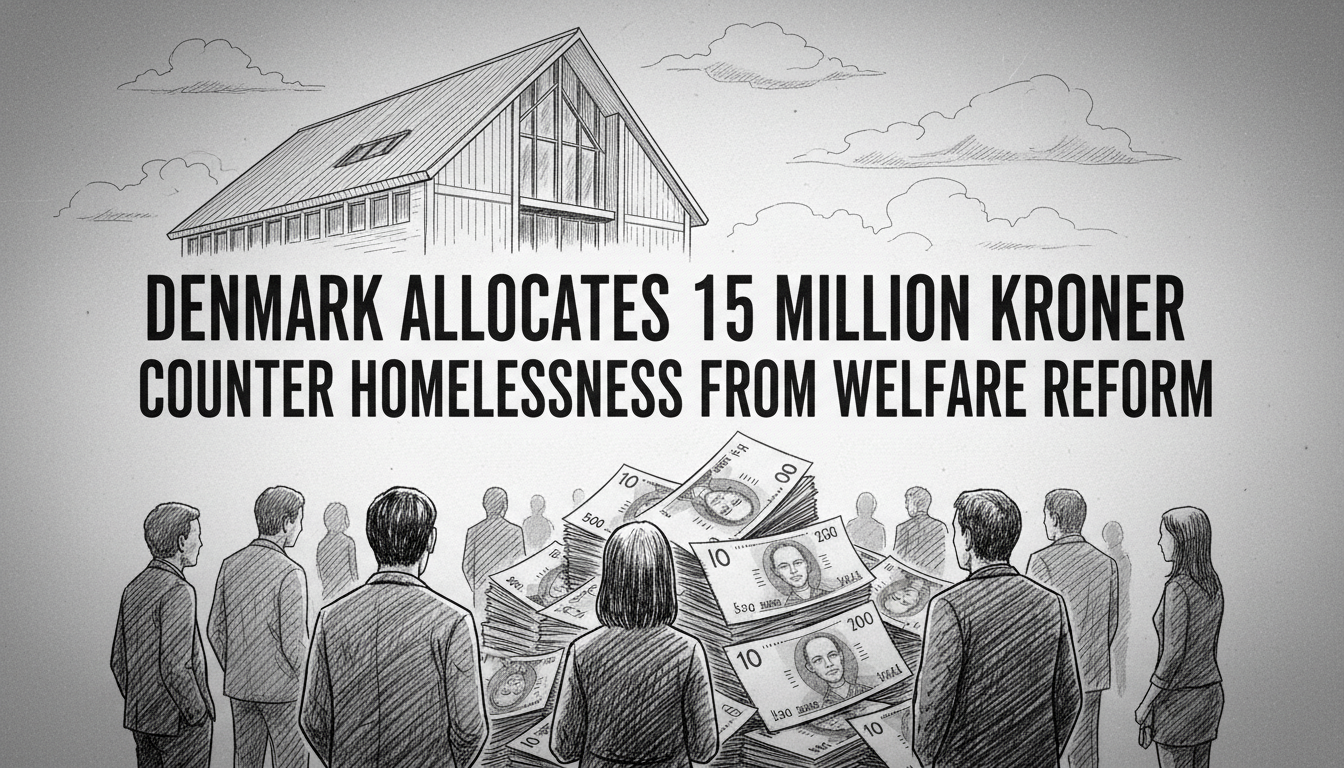The Danish government has allocated 15 million kroner to address homelessness risks resulting from its own welfare reform. Culture Minister Jakob Engel-Schmidt confirmed the move after government leaders acknowledged potential negative side effects of the policy change.
The minister described the funding as a lifeline for vulnerable citizens. He said the government owes it to people to respond when unintended consequences emerge.
The welfare reform took effect in July. It reduces monthly benefits for thousands of single recipients while increasing payments to families with children.
Several reports indicate some benefit recipients now receive such small disposable incomes that they risk becoming homeless. This prompted Moderate Party leader Lars Løkke Rasmussen to demand quick solutions.
Prime Minister Mette Frederiksen agreed with the need for action on Friday. The government will now set aside 15 million kroner in 2026 for caseworkers to help the most vulnerable welfare recipients.
When asked if the funding is sufficient, Engel-Schmidt said it represents their current assessment. He acknowledged they would need to reconsider if it proves inadequate.
The new welfare system aims to make work more financially attractive than receiving public benefits. Engel-Schmidt said the government must balance this goal with protecting vulnerable citizens.
He described the reform as solid political workmanship but noted economic conditions have shifted. Rising rental and food prices have created additional pressures that make the situation particularly difficult for some.
The government faces the delicate task of encouraging employment while preventing citizens from falling through safety nets. This allocation represents their first official response to emerging concerns about the reform's real-world impact.
Political observers note the irony of a government allocating funds to fix problems created by its own policy. The situation highlights the challenges of welfare reform during economic uncertainty.

